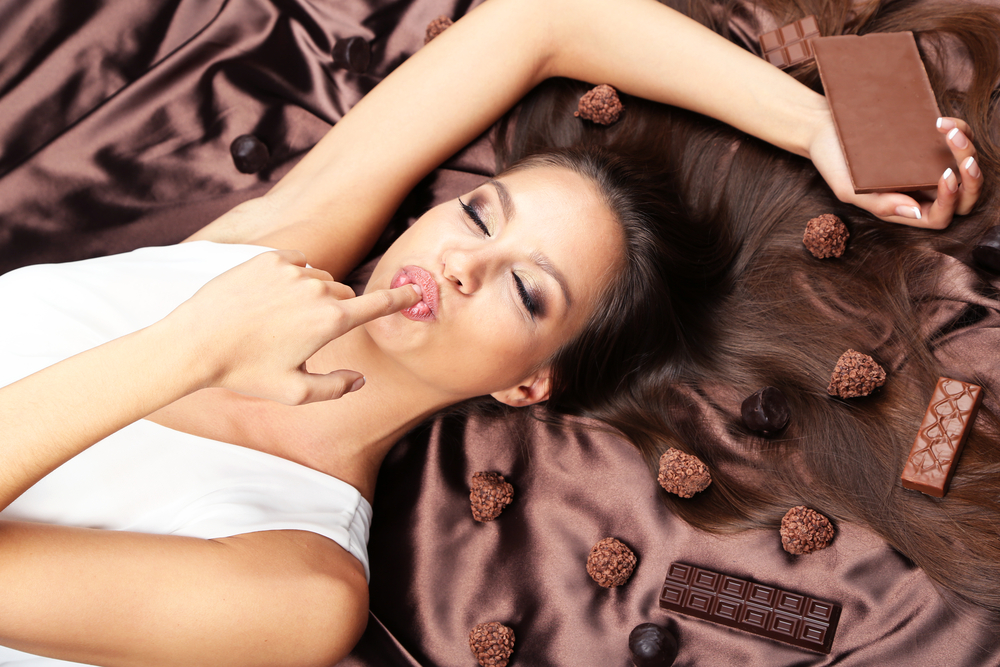Not many people buy their loved one a big fruit basket for Valentines Day. On the day of love when cupid works his hardest, the gift of choice is chocolate. But why is chocolate our guilty pleasure? Where did it all start?
Chocolate through History – we’ve always loved it
This is not a new modern craze to buy a lovely luxurious box of chocolate. It is thought that chocoholism dates back to around the 18th century and possibly before. The basic component of chocolate is Cacao beans. These beans were roasted and ground, then drunk with water for over two thousand years by the Mayans. They loved chocolate as much as we do today. The Aztecs in the 14th century used the beans to treat many common ailments. These ancient civilisations had a love for chocolate and used it for healing, so eating chocolate does make you feel good. As many a chocolate lover will relate.
In the 1700 a young doctor concluded that the effect chocolate was having on women and particularly nuns was harmful as it was leading to a type of hysteria! This hysteria could have actually been a craving. Maybe all they needed was a big box of chocolates to solve the problem!
So you can see that the true love for chocolate is not just a myth made up by the chocolate manufacturers. Researchers have been gathering information on the effects of eating chocolate, and now have significant proof that chocolate provokes the same reactions as love and lust on the body!
Here comes the science!
Recent research has found that the brains pleasure response to tasting certain foods can affect the eyes. The pupils of the chocolate lovers eyes dilate, just as they do if a person is in love, or lust. The pleasure chemical in the brain sends the signal to the eyes which makes the pupils dilate. The eyes react this way under different lights too. Research found that when a chocolate eater ate even a small piece of chocolate the retina had a high response as it would if it had seen a flash of light. In addition to this the chemical dopamine is released from the brain, which mimics the effects of a stimulant drug.
We all say we love chocolate and now the science confirms it – we really do LOVE it.
